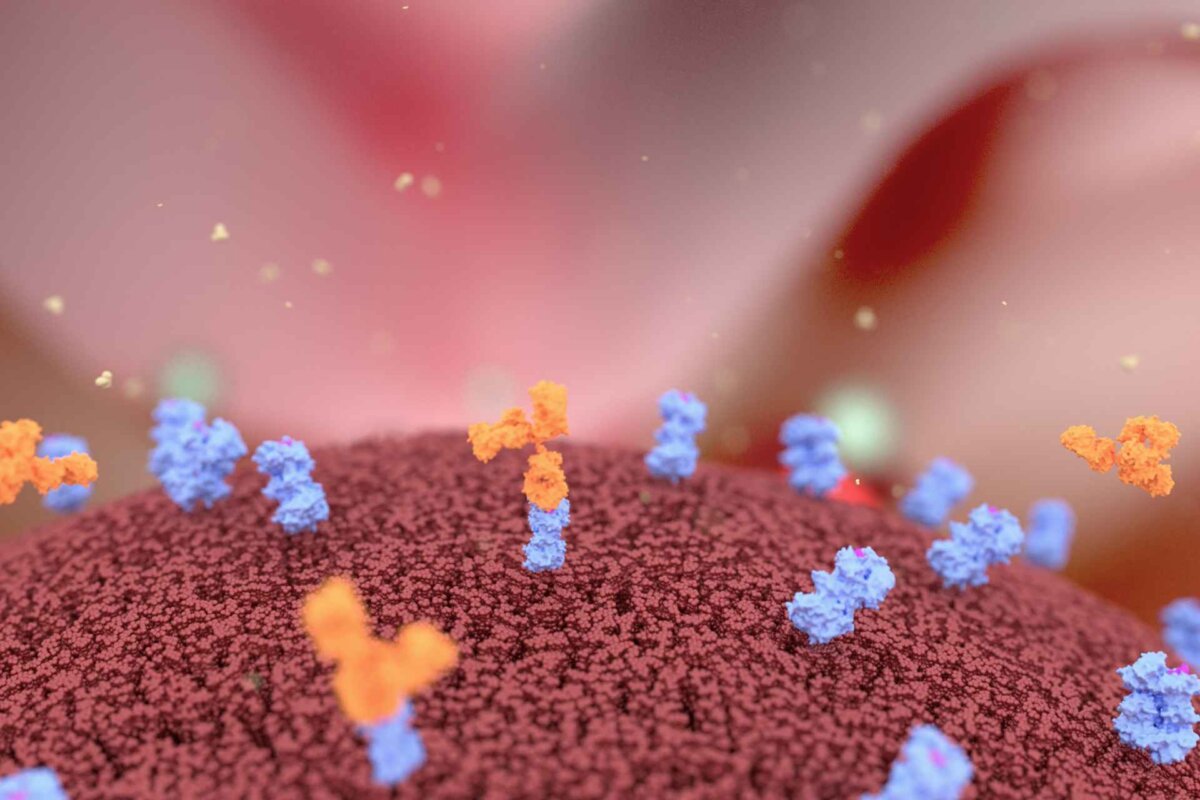Cancer Targeted Technology (CTT), a privately-held Seattle-based biotechnology firm focusing on cancer diagnostics and therapeutics, announced that the National Cancer Institute awarded the Phase I portion ($400K) of the fast track Phase I/II ($2.4M) Small Business Innovation Research (SBIR) grant to develop a new drug to treat metastatic prostate cancer. The grant focuses on a promising new prodrug, CTT2274, that targets Prostate-Specific Membrane Antigen (PSMA) on prostate cancer and is designed to release a toxic drug, MMAE, within the cell that takes up the prodrug. PSMA is over-expressed on prostate cancer and expression increases as the cancer metastasizes and becomes castrate resistant. CTT’s unique phosphoramidate-based agents, bind irreversibly to PSMA and unlike other agents targeting PSMA, this distinctive mode of binding enhances uptake and internalization by tumor cells, leading to increased accumulation of the therapeutic payload and improved efficacy.
Studies to date using CTT2274 treatment of mice bearing human prostate tumors have shown remission of tumor growth and an overall increase in survival. In addition, because of the prodrug release within the tumor cells, safety of the drug, at doses that are effective at inhibiting or reversing tumor growth, is excellent. In the Phase I portion of the grant, to be completed in Q2 2025, CTT will conduct additional non-clinical efficacy studies and manufacturing optimization. In Phase II of the grant, to be completed in Q2, 2026, CTT will conduct additional manufacturing and safety assessments necessary to advance CTT2274 to an Investigational New Drug (IND) application. These IND studies will support the initial clinical trial in metastatic prostate cancer planned for 2026.
“CTT2274 has a unique structure and linker that maximizes tumor uptake and allows for release of the chemotherapeutic drug only within the tumor cell thus minimizing potential side effects from the chemotherapy. No other prodrug like this is being developed for prostate cancer and CTT2274 holds great promise as a future treatment for men suffering from prostate cancer.”



